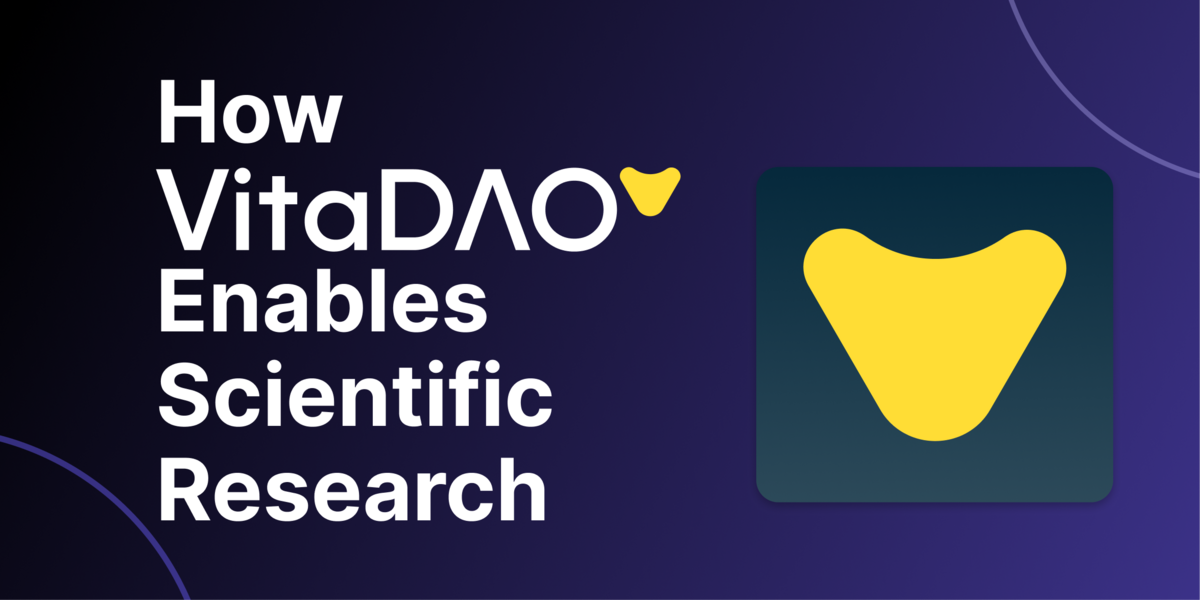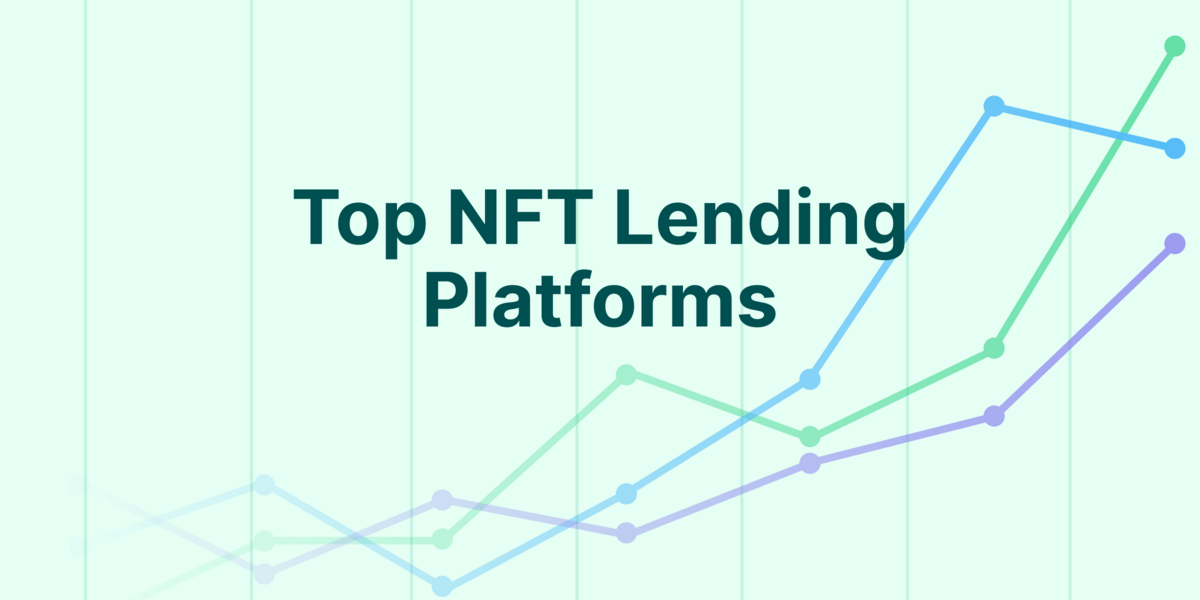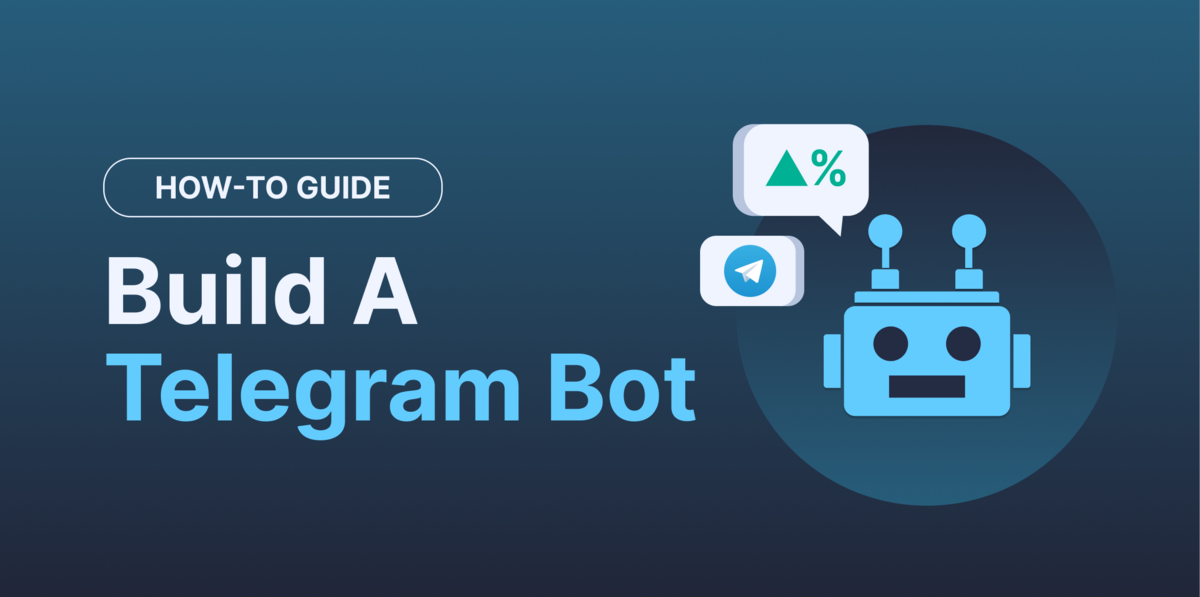Introduction
Options have long been a staple of traditional finance, offering buyers the opportunity to bet on price movements or to amplify their returns with minimal capital. As decentralized finance, or DeFi, continues to make waves throughout the crypto industry, it is only natural that options protocols have become the latest additions.
In a nutshell, options allow users to buy or sell an asset at a specific price, before or on a predetermined date. The right to buy an asset is known as a call option, while the right to sell refers to a put option. Although these instruments give you the ability to exercise these rights, option holders are not obligated to do so.
We will be taking a closer look at some of these decentralized options protocols, comparing how they can make these powerful financial instruments more accessible to the masses.
Opyn
The first decentralized options platform to launch was Opyn. Version 1 of the protocol provides users with the option to purchase or sell American options, which can be exercised at any time. Users sell options by locking in the underlying asset as collateral and creating tokenized options in the form of oTokens.
By locking the collateral in Opyn’s smart contract, the option holder can exercise the option anytime without worrying about counterparty risk. As long as there are enough liquidity providers who are willing to lock in their collateral, Opyn can offer a wide range of options on assets other than Ether, such as UNI and SNX, albeit with a limited duration and strike prices.
For call options, oTokens can be exercised by sending the correct amount of strike assets and burning the oTokens in exchange for the underlying assets. On the other hand, it can also be resold to other parties via Uniswap. By purchasing oTokens, users get to hedge against any large price movements.
Interestingly, Opyn does not charge any fees. Although they are looking to implement revenue collection in the future, their current focus remains on creating the best options experience for the community. However, due to the low supply and nature of Uniswap as the market maker for Opyn’s options, mispricing on the oTokens occur frequently. As such, Opyn relies heavily on arbitrageurs to ensure that the premiums are reflective of the underlying assets' prices.

On 29 December 2020, Opyn launched version 2 with additional features such as auto-exercise and flash minting, an innovative spin on the existing concept of flash loans popularized by Aave, a lending platform. This version offers European options through an order book system and provides users with a decentralized alternative to Deribit, currently the most popular centralized options platform. Limit orders are another addition to the second iteration of Opyn, allowing users to execute trades at specific prices. Placing limit orders on the Opyn V2 platform is free of charge, although the taker of the order is responsible for paying fees.
Version 2 currently only offers Wrapped Ether (WETH) options, with a smaller range of strike prices and expiry dates. The verdict is still out if users will widely adopt Opyn’s latest offering against its centralized counterpart.

Hegic
After overcoming a couple of early exploits, Hegic has quickly risen through the ranks to become one of the top options protocols, with more than $50 million in total value locked as of mid-January 2021. With a simplistic and highly customizable user interface for selecting option strike prices and delivery dates, the platform appeals heavily to newcomers rather than seasoned veterans.
Unlike an order book-based approach, Hegic uses liquidity pools, similar to Automated Market Makers-based decentralized exchanges. Hegic’s liquidity pools serve as the collateral for options, with each asset having its own liquidity pool.

Currently, Hegic offers only Ether and Wrapped Bitcoin American options. The ETH and WBTC liquidity pools collateralize both calls and puts. Hegic uses a non-conventional manner in calculating options’ premiums instead of using traditional options valuations models. Below is the formula for premium calculation:
Put Options Formula = (period) * IV * strike / price
Call Options Formula = (period) * IV * price / strike
Additionally, there is a 1% settlement fee based on option size. For example, options on a notional amount of 10 ETH would require an additional payment of 0.1 ETH. Depending on the selected strike price and expiry date, the fees can be larger than the total premium paid, especially on low options premiums.
This 1% settlement fee has become a contention point as newcomers with relatively small capital may not be willing to pay this amount. At the same time, veterans would instead find cheaper alternatives elsewhere.
However, the numbers show otherwise as Hegic has managed to surpass more than $100 million in cumulative volume in less than ten weeks since its revamped ‘Hegic v888’ launch. Do note that Hegic is currently running a liquidity mining program where users can get rHEGIC tokens for purchasing options or providing liquidity in the liquidity pool. rHEGIC tokens are IOU tokens that token holders can convert into HEGIC tokens once Hegic achieves certain volume milestones or an expiry date. For example, rHEGIC tokens for Phase 1 would be available for conversion if the platform's cumulative trading volume exceeds $100 million or on 11th November 2021.

Options purchased on Hegic initially cannot be tradeable - they are tied to each user’s account. This is unlike other options platforms such as Opyn which allows users to sell or purchase options through the secondary market. This changed recently with The Hegic Tokenizer’s introduction, which enables users to tokenize their Hegic options.
Auctus
Operating in a similar vein to Opyn, Auctus offers ERC-20 tokenized options that are fully backed by collateral. Currently supporting American options for ETH and WBTC, Auctus uses an orderbook model similar to Opyn V2, but that is where the similarity ends.

Auctus introduces the concept of flash exercise, where users do not need to hold any stablecoins to exercise their options. The options can be exercised using their options tokens solely and users will receive the difference between the underlying asset’s current price and the strike price, less any fees paid to the options’ writer. In practice, this is similar to a cash settlement, thus giving users more flexibility in their options trading strategies.
However, this versatility comes with a price. Auctus charges a 2.5% trading fee based on the premium paid and an additional 0.3% settlement fee on the underlying asset upon exercise. Options are offered over a small range of strike prices and dates, but even so, liquidity is extremely thin as some of the option types on offer are largely unavailable.

With low liquidity, higher fees, and a smaller product offering compared to its peers, it will be difficult for Auctus to command a higher market share without more innovative products and development. However, their latest offerings such as the Auctus Vaults and OTC Options seem to be a step in the right direction.
Auctus Vaults combine yield-farming with options in order to provide exposure to a particular asset while safeguarding the principal. The vaults’ yield farming rewards are automatically used to purchase options of a particular asset. This is designed for users to obtain yield not only through a set strategy but also through price fluctuations of the options’ underlying assets. As of the time of writing, users can deposit their USDC into the ‘3Pool - ETH Call’ Vault. By participating in a vault, a 10% performance fee along with a 0.2% withdrawal fee would be charged.
On the other hand, OTC options allow anyone to create options for any ERC-20 token with any strike price and expiration. The OTC interface will guide users to lock assets as collateral in order to mint the specific series of options. Users can then advertise these trades to counterparties in the Auctus Discord channel by posting a link to their contract. Trades are matched off-chain but obligations of the contract remain on-chain, on par with conventional trades on the Auctus platform. The freedom to create any options to supplement a particular asset’s demand would likely gather some interest and volume to the platform.
FinNexus
Unlike the aforementioned projects, FinNexus provides options for both Ethereum and Wanchain users. There are two iterations of the platform, with version 0.1 currently terminated. Version 1.0 introduced many changes and is now running live on the Ethereum mainnet.

Version 0.1 uses a tokenized option model, where any individual option writer can issue European options, provided they have sufficient capital. Since the options are issued individually, the writer will have to bear all profits and losses. Unlike most options protocols, users may collateralize the option using FNX, the platform’s native token, WAN, or other ERC-20 tokens, and not just the underlying asset.
FinNexus v0.1 uses a dynamic margin model, where the collateral posted should be sufficient to cover the options holder’s potential profits. In theory, as the price of the underlying asset moves further out-of-the-money, less margin is required, and users may mint more options.
To put it simply, options on FinNexus v0.1 functioned more like a futures contract with a minimum margin requirement. There is a real risk that users may face liquidation even if the options have been exercised or expired.
FinNexus charged a 0.3% trading fee and an additional 0.3% settlement fee upon the holders’ exercise. A 0.3% liquidation fee is collected from liquidators upon liquidation.

In Version 1.0, FinNexus allows users to create options for any asset, regardless of blockchain, as long as there is a reliable price feed. As such, any asset can potentially be used as the underlying collateral for the options. Currently, FinNexus version 1.0 supports options on ETH, WBTC, and DeFi tokens such as Chainlink, Maker, and Synthetix.
Like Hegic, version 1.0 uses liquidity pools for users to purchase and sell their non-tokenized American options. Their Multi-Asset Single Pool (MASP) system allows for positions on different underlying assets while using only a single asset type as collateral.
To illustrate this point, there are currently two pools available on the Ethereum mainnet: the USDC pool and the FNX pool. To mint an option, liquidity providers can provide either USDC or FNX as collateral. Users can then purchase options on any of the 5 assets listed above, and pay the appropriate premiums using either of the 2 assets.
In short, the underlying assets form the basis for all transactions of that particular liquidity pool, including selling the options back to the pool as well as exercising them. Since the first release, fees have significantly increased, with transaction fees bumped up to 5% of the total premium paid and an additional 5% settlement fee charged upon exercise.
In a head-to-head contest with Hegic, FinNexus may offer more option varieties on the table, but more work needs to be done to bring in the liquidity and user base required for sustainable growth.
As of February 2021, the total value locked on FinNexus is currently approximately $10 million, a far cry from Hegic’s current standing.
Charm
Charm is a relatively new decentralized options protocol having just launched its mainnet on 18 January 2021. As we have seen in previous options protocols, liquidity is vital to ensure a sufficient supply of assets backing the minted options in the event the options are exercised.
Charm has stated that option writers are not needed, and as such, they can provide an unlimited amount of options for sale, with minimal liquidity needed for bootstrapping.

Charm aims to achieve this through the use of a prediction market Automated Market Maker (AMM). In a nutshell, the protocol sums up the potential payoffs for the option’s counterparties and the AMM creates liquidity for it. To put it simply, Charms acts more like a prediction market, where the payoff is transferred from counterparty to counterparty, should the options held by either side land in-the-money. For example, if a particular option is in-the-money, the collateral locked by the options sellers is used to pay off the option holders, and vice versa if it is out-of-the-money. Although the protocol is designed this way, users will still receive the options in a tokenized form that can be used on other platforms.
The options on Charm are European and can be cash settled at any time. They are completely priced through the supply and demand of users, albeit with a 1% fee on the notional size of the options purchased. Charm implements an AMM known as the liquidity-sensitive logarithmic market scoring rule (LS-LMSR). Functioning similar to a token bonding curve, this means that as more options are purchased, subsequent buys would command a higher premium.
Charm currently supports only ETH and has a limited range of expiry dates and strike prices. Compared to its competitors, Charm’s survival is not as heavily reliant on liquidity. This could allow Charm to focus on shipping out more innovative products to draw in the greater DeFi crowd.
Final Thoughts
With Deribit seeing record volumes on its exchange in recent months, it is clear that options are poised to become more popular among the greater crypto community. While centralized option exchanges such as Deribit already have a significant following among more experienced traders, permissionless and anonymous options trading have yet to leave their mark on the DeFi space.
There is no doubt that they are here to stay and will surely intrigue and attract more participants, but simplicity is key. Making it cheaper and easier for users to trade and exercise options will undoubtedly go a long way. Gathering the required liquidity and user base to match the likes of Aave or Uniswap has also proven to be a challenge. However, with proper incentivization and design - such as Hegic’s reward mechanics or Charm’s prediction market AMM - it is not impossible to envision greater demand for decentralized options in the near future.
The race is still far from over between the many platforms that have launched or would be launched soon, each with its own pros and cons. Up and coming platforms such as Premia and Primitive, which cater towards more DeFi assets, may provide some healthy competition for these existing protocols. Ultimately, the power lies in the users to choose which protocols make the cut, or not at all. Below is a comparison of all the decentralized options platforms that have been discussed.
|
Platform |
Option Type |
Settlement |
Tokenized |
Liquidity Model |
Products Supported |
Payment Assets |
|
Opyn V1 |
American |
Physical |
Yes |
Uniswap pool |
WETH, WBTC, DeFi tokens |
ETH, DAI, USDC |
|
Opyn V2 |
European |
Cash |
Yes |
Order book |
WETH |
USDC |
|
Hegic |
American |
Cash |
No |
Single-asset liquidity pool |
ETH, WBTC |
ETH |
|
Auctus |
American |
Physical & Cash (flash-exercise) |
Yes |
Order book |
ETH, WBTC |
USDC |
|
FinNexus v1.0 |
American |
Cash |
No |
Multi-asset liquidity pool |
ETH, WBTC, MKR, LINK, SNX |
FNX, USDC, USDT |
|
Charm |
European |
Cash |
Yes |
Prediction market AMM |
ETH |
ETH, USDC |

Win Win is an avid gamer, interested in navigating the vast world of NFTs and the cryptoverse. Follow the author on Twitter @0x5uff3r









 Or check it out in the app stores
Or check it out in the app stores